 With the recent announcement of the National Book Critics Circle Award finalists, I thought the time might be ripe for a brief discussion of literary awards.
With the recent announcement of the National Book Critics Circle Award finalists, I thought the time might be ripe for a brief discussion of literary awards.Some of you may have wondered, in the process of querying various agents, when and whether it's appropriate to mention any awards you might have won for your writing. Since I don't have time for an awesome flowchart, I'll just give you a few general "Do"s and "Don't"s:
Do:
· Mention any significant awards you've won for your writing (anything from placing in contests judged at conferences to Pushcart Prizes). Obviously if you've won a National Book Critics Circle Award, a Pulitzer Prize, a Hugo, an Edgar, &c, list it. (Although quite honestly, if you have, you probably already have representation.)
· Mention any significant awards you've won for things outside your writing so long as they're relevant to your topic. (E.g., if you're writing a medical memoir, mentioning your professional qualifications and awards is not only germane, it's expected.)
· Mention any previous publications you have, excluding self-published work or work published in a magazine or anthology for which you make editorial decisions. Try to stick to short stories (mentioning where your poetry or journalism has appeared might be helpful if they're really well-known markets, but otherwise, it's just superfluous). Note: if you're submitting non-fiction, any non-fiction or journalistic credits you've got are fair game.
Don't:
· Mention any writing awards that are not a big deal. This includes that ninth-place award you got in your hometown (population: 200) newspaper for your short story about a cat and a dog who become bros despite the biological and social forces working against them.
· Mention any writing awards you won as a child (unless you are still a child or that award is a big deal; see above). No one cares that you got a "Most Thoughtful Essay" award in fourth grade for your three-paragraph treatise on Betsy Ross.
· Try to trick the agent. (Fun fact: everyone in the industry knows that anyone with $50 can nominate themselves for a Pulitzer. Telling us you're nominated won't fool us.)
· Mention where you earned your undergraduate or graduate degree(s), except maybe an MFA, and even then, be judicious. Agents are interested in your book, not the school(s) you attended. (This is not the case if your professional credentials are part of your platform; see above.)
In short: if you've won an award or otherwise earned some kind of recognition that you believe sets you apart from 90% of the crowd, include it. Otherwise, don't put it in your query; when push comes to shove (and it will, gentle authors), agents and editors only care about your novel and your willingness to promote it (in that order). No more, no less.




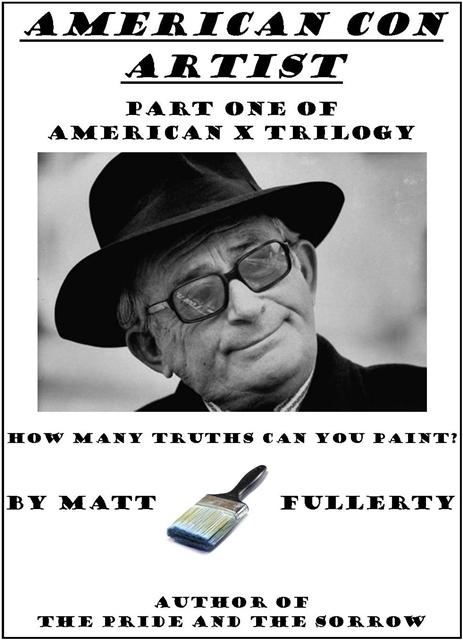cropped.jpg)
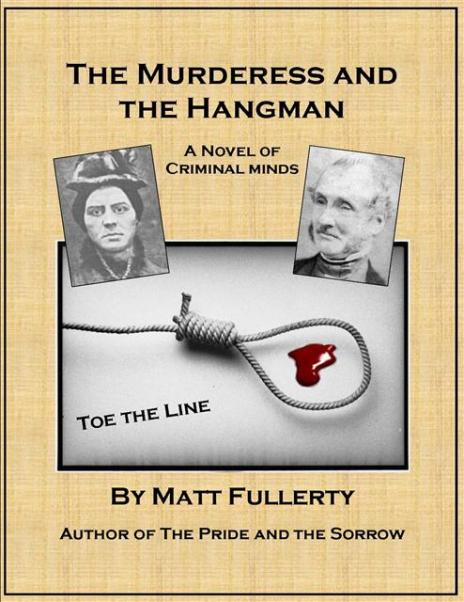.jpg)
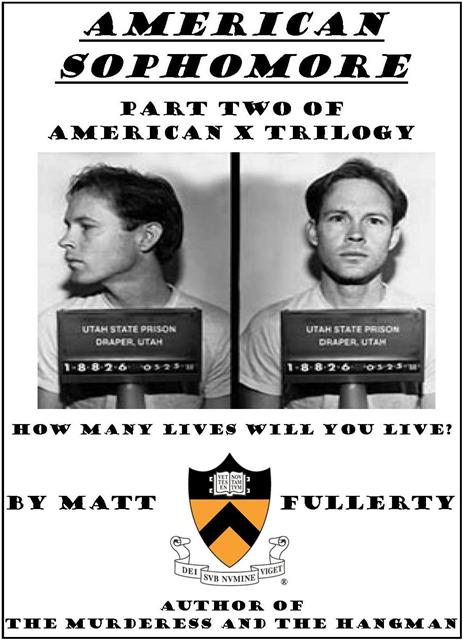cropped.jpg)
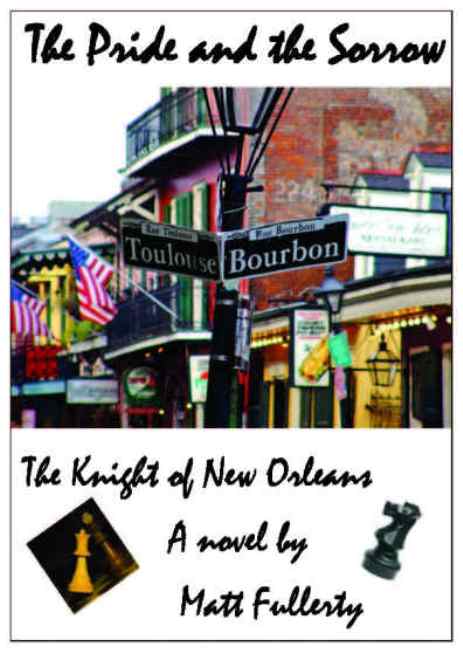2.jpg)
Cropped.jpg)
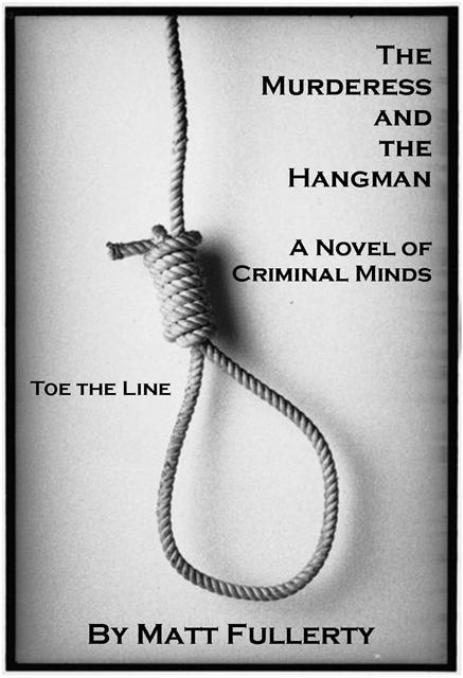cropped.jpg)
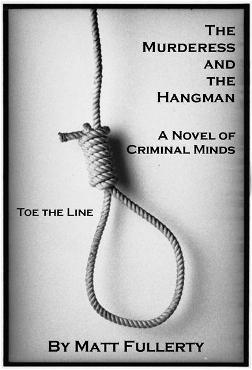4.jpg)






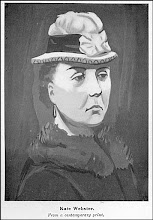







No comments:
Post a Comment